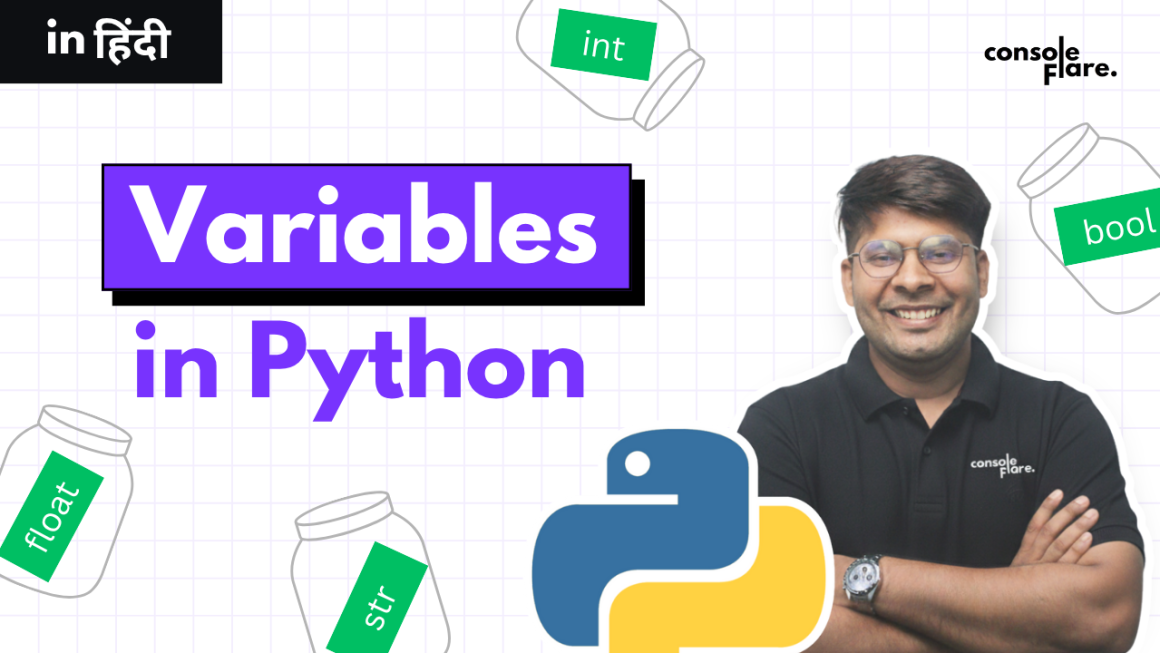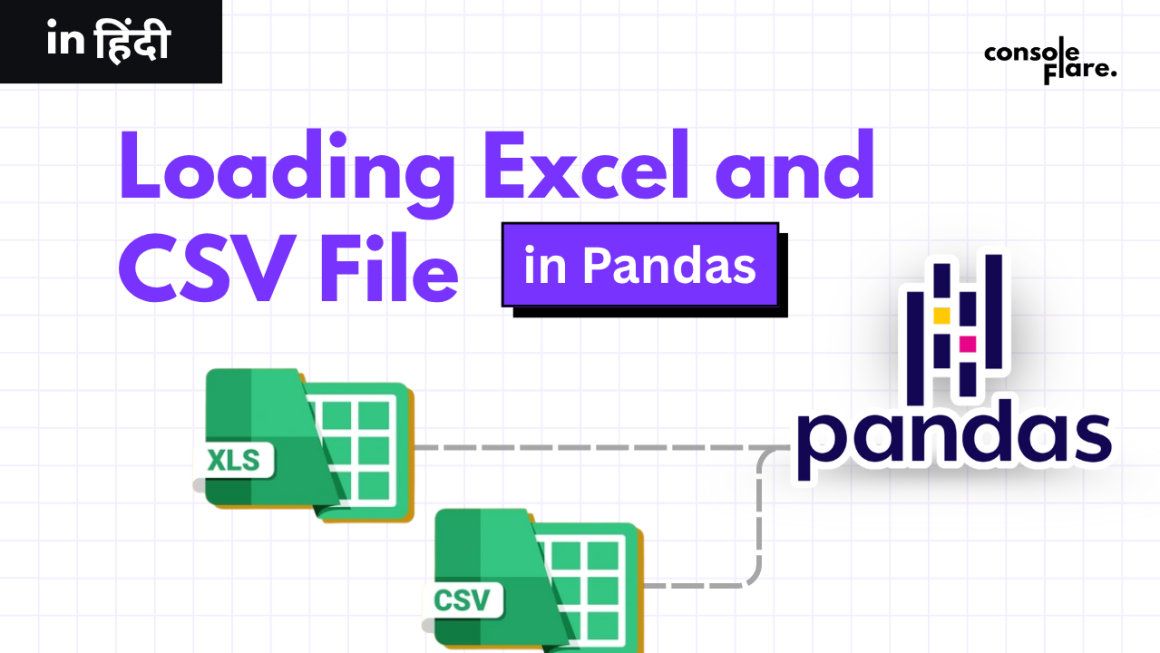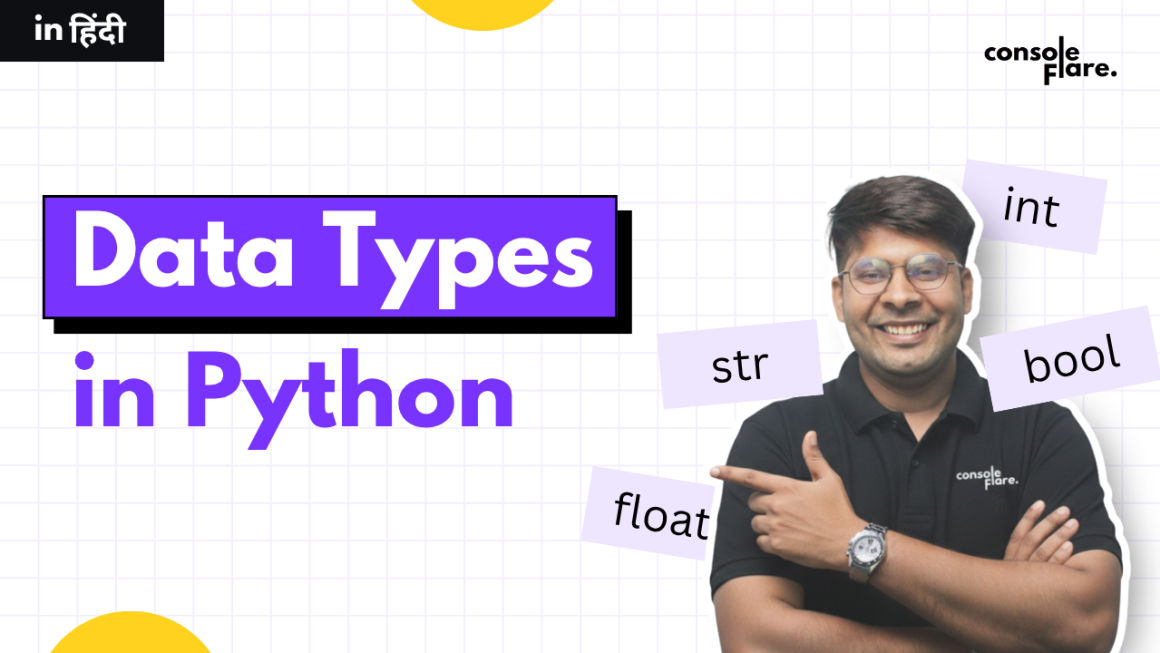Data analytics has emerged as one of the most in-demand career paths globally. With businesses across industries relying on data for smarter decisions, the demand for skilled data analysts is growing rapidly. A comprehensive data analytics course covers a wide range of subjects designed to help learners become job-ready.
Below are the key subjects you’ll explore in a typical data analytics course:
1. Statistics and Probability
A strong foundation in statistics is essential for any data analyst. You’ll learn how to:
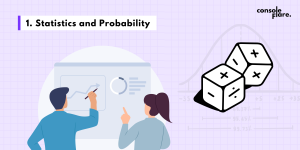
- Summarize data using descriptive statistics
- Understand probability distributions
- Perform hypothesis testing
- Analyze relationships using correlation
- Create predictive models with regression analysis
These concepts help you draw meaningful insights and support decision-making.
2. Excel for Data Analysis
Excel is one of the most widely used tools in analytics. In this module, you’ll learn how to:
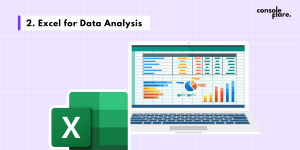
- Clean and format data
- Use pivot tables and conditional formatting
- Work with functions like IF, VLOOKUP, and XLOOKUP
- Explore advanced features such as Power Query and VBA for automation
3. SQL and Database Management
Structured Query Language (SQL) is a core skill for querying and managing data stored in relational databases. You’ll gain hands-on experience with:
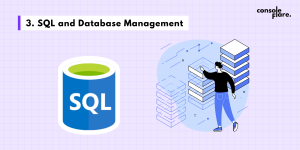
- Writing SELECT queries
- Using JOINs to work across multiple tables
- Understanding DDL, DML, and DCL commands
- Data normalization and filtering large datasets efficiently
4. Python for Data Analytics
Python is a powerful and versatile programming language used widely in analytics. In this part of the course, you’ll work with libraries like:
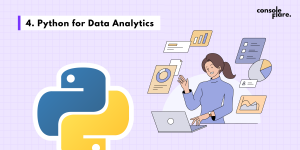
- NumPy for numerical operations
- Pandas for data manipulation
- Matplotlib and Seaborn for data visualization
- Scikit-learn for basic machine learning tasks
You’ll also learn how to automate repetitive tasks and prepare datasets for analysis.
5. Data Visualization Tools
As an analyst, your ability to visualize data clearly can make a huge impact. This module focuses on:
- Creating dashboards using Power BI and Tableau
- Designing interactive visuals
- Telling data stories that resonate with both technical and non-technical stakeholders
6. Data Cleaning and Preprocessing
Raw data is often messy. You’ll learn how to:
- Handle missing values
- Remove duplicates
- Correct inconsistencies
- Standardize formats
This step is crucial before performing any meaningful analysis or modeling.
7. Exploratory Data Analysis (EDA)
Before diving into complex models, EDA helps you understand the structure and behavior of your data. You’ll learn how to:
- Use plots, charts, and summary statistics
- Identify trends, anomalies, and patterns
- Generate hypotheses for deeper investigation
8. Machine Learning Basics
While data analysts typically don’t build advanced ML models, having a basic understanding helps in working with data scientists and predictive models. You’ll be introduced to:
- Supervised and Unsupervised learning
- Algorithms like Linear Regression, Decision Trees, and Clustering
- Model evaluation metrics like accuracy, precision, and recall
9. Big Data Technologies
As data grows in volume and complexity, big data tools are becoming more relevant. In this section, you’ll get an introduction to:
- Apache Spark for large-scale data processing
- Hadoop for distributed data storage
Even if analysts don’t use these tools directly, it’s useful to understand how big data is handled in modern data ecosystems.
10. Capstone Project
At the end of the course, you’ll apply everything you’ve learned in a real-world project. This includes:
- Working on industry datasets
- Solving a business problem
- Showcasing your skills in your resume and interviews
The capstone project demonstrates your ability to carry out a complete data analysis lifecycle.
11. Soft Skills
Beyond technical expertise, effective communication is critical. You’ll also focus on:
- Improving presentation skills
- Explaining complex findings in simple terms
- Collaborating with teams and engaging stakeholders
These soft skills ensure that your insights are understood and valued.
12. Career Preparation
To help you transition into the workforce, the course also includes:
- Resume building
- Interview preparation
- Job search strategies
With placement support and industry-aligned training, you’ll be equipped to land your first data analyst role confidently.
Conclusion
Data analytics is one of the most rewarding and future-proof career paths today. Every company—regardless of size or industry—needs skilled data professionals to make informed decisions. If you’re ready to start your journey, Console Flare offers industry-aligned training, real-world projects, and strong placement support to help you break into this high-growth field.
For more such content and regular updates, follow us on Facebook, Instagram, and LinkedIn



